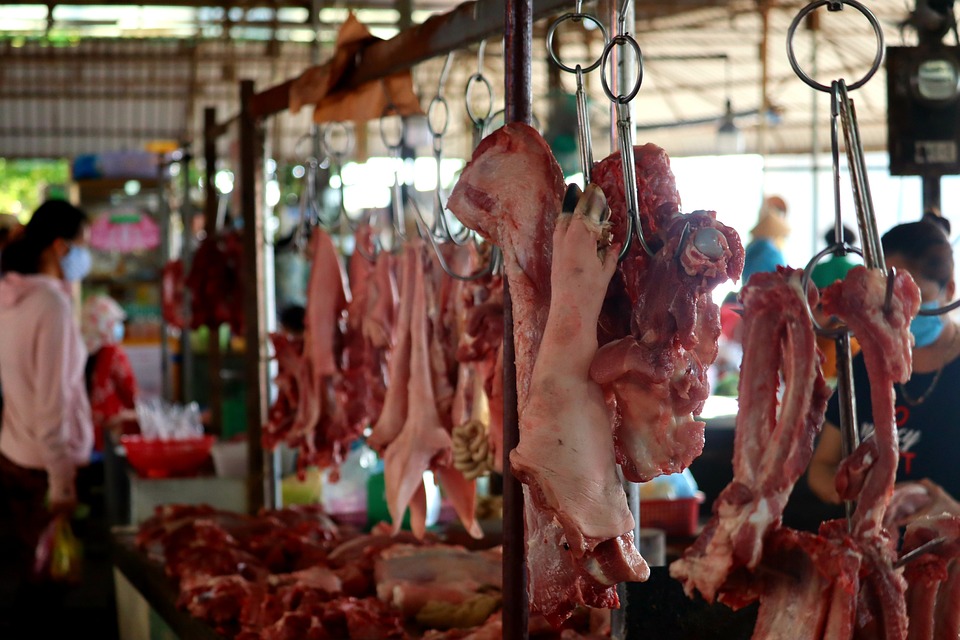In an age where artisanal skills are being celebrated, the role of a butcher remains both traditional and essential. The journey into this rewarding profession is brimming with opportunities, challenges, and the chance to connect with the local community. Here, we delve into the intricate pathways that can lead aspiring butchers to success in the UK.
1. Understanding the Trade
The art of butchery is not merely about cutting meat; it’s a blend of craft, science, and culinary creativity. Butchers are responsible for selecting high-quality cuts, ensuring proper hygiene, and providing expert advice on preparation and cooking methods. A keen understanding of different meat types, animal welfare, and sustainable practices is vital.
2. Educational Foundations
While some may argue that the best lessons are learned on the shop floor, formal education can provide a solid grounding. Several colleges across the UK offer courses in butchery and meat technology, imparting crucial skills such as knife handling, meat preservation, and customer service. Apprenticeships are also an excellent route—working alongside seasoned professionals not only hones practical skills but also builds invaluable industry relationships.
3. The Importance of Experience
Hands-on experience is paramount in this field. Whether it’s through part-time roles in local butcher shops or volunteer opportunities at farmers’ markets, every slice and dice counts. Engaging with customers, understanding their preferences, and receiving direct feedback can significantly enhance one’s skill set. Moreover, being part of the community fosters loyalty and trust—key ingredients in a butcher’s success.
4. Specialisation and Niche Markets
As one grows in the profession, the possibility of specialising arises. Some butchers choose to focus on organic meats, while others may excel in charcuterie or game preparation. Identifying a niche not only sets you apart from competitors but also caters to a growing consumer demand for bespoke products. This is where creativity can truly flourish; think of unique sausages, cured meats, or even ready-to-cook meal kits.
5. Building a Brand
In today’s competitive landscape, establishing a strong personal or business brand can significantly impact success. Social media presence, engaging storytelling, and community outreach can all enhance visibility. Consider showcasing your craft through videos or blogs, sharing recipes, and offering tips on meat preparation. A butcher who connects with their audience is more likely to thrive.
6. Navigating Challenges
Like any profession, the road is not without its bumps. Economic fluctuations, changing consumer preferences, and the impact of regulations are challenges one must navigate. Staying informed about industry trends and being adaptable is crucial. Networking with fellow butchers and joining professional organisations can provide support and insight during tough times.
7. The Future of Butchery
As the landscape of food production evolves, so too does the role of the butcher. Embracing technology, such as online sales and delivery services, can open new avenues for business. Additionally, with a growing emphasis on sustainability, butchers who prioritise ethical sourcing and environmentally friendly practices will likely resonate with the modern consumer.
Embracing the journey towards becoming a butcher is akin to mastering a craft—it requires dedication, passion, and a willingness to learn. As you carve your path in this fulfilling profession, remember that every effort contributes to a rich tapestry of culinary history.
For those embarking on this exciting journey, CVPortal continues to deliver a wealth of quality CV references to assist you in shaping your professional narrative.


